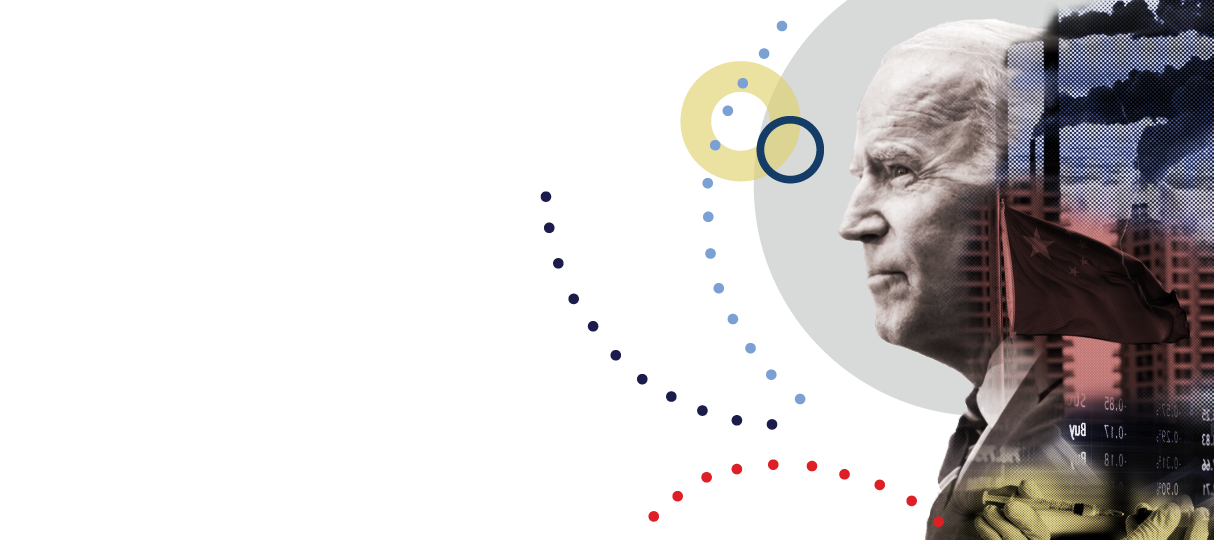A nation must think before it acts.
Access the Spring 2021 Issue of Orbis
Mira Rapp-Hooper, Shields of the Republic: The Triumph and Peril of America’s Alliances, Harvard University Press, 2020.
What good are America’s allies? In most parts of Washington, U.S. treaty allies—including the North Atlantic Treaty Organization (NATO), Japan, South Korea, and Australia—are treated as cornerstones of America’s global position. Polls suggest that most Americans agree. But this rosy view of alliances has two prominent sets of critics. The first are the political scientists who call themselves “realists” and who worry that allies are entangling the United States into unnecessary conflicts. The second is former President Donald J. Trump, who repeatedly condemned alliance partners from Germany to South Korea for taking advantage of the United States by not spending enough on their defense.
In Shields of the Republic: The Triumph and Peril of America’s Alliances, Mira Rapp-Hooper, recently appointed Senior Advisor on China at the State Department, assesses the track record of U.S. alliances from the beginning of the Cold War to the present. She finds that alliances—defined as formal treaty allies of the United States—have performed far better than the political science literature and former President Trump’s Twitter feed might suggest.
Shields of the Republic begins by assessing the two main critiques of alliances that have emerged from political science research. The first is that alliances entangle the United States in foreign wars. The logic here is simple: Once you extend a security guarantee, the ally feels emboldened, knowing that America has its back. If the ally becomes embroiled in a war—even a war of its own making—the United States might feel compelled to intervene lest the credibility of other alliance commitments be called into question. George Washington, many critics of alliances note, warned in his Farewell Address not to “entangle our peace and prosperity in the toils of European ambition.” Trump echoed similar concerns when he explained to Fox commentator Tucker Carlson that “Montenegro is a tiny country with very strong people.. . They may get aggressive, and congratulations, you’re in World War III.”1
What does the track record suggest? Shields of the Republic finds that America has become “entangled” in many conflicts since 1945, but that almost all these wars were fought alongside countries that were not treaty allies. South Vietnam was not a treaty ally when the United States spent nearly two decades waging war on its behalf. The more recent wars in the Middle East had little to do with allies either. The United States has informal partners in countries such as Saudi Arabia and Israel. It is these partners—countries to which the United States has made no formal promises—that historically have proven more likely to entangle the United States in conflict than the formal allies.




